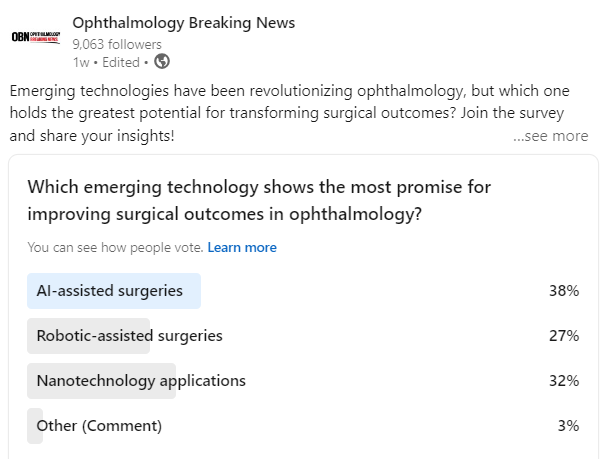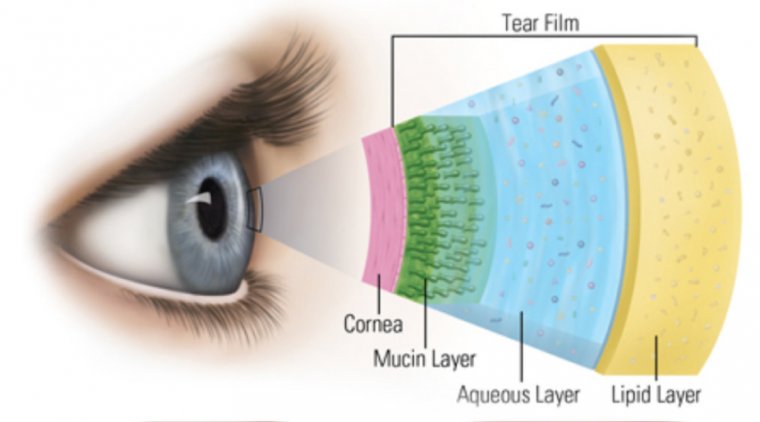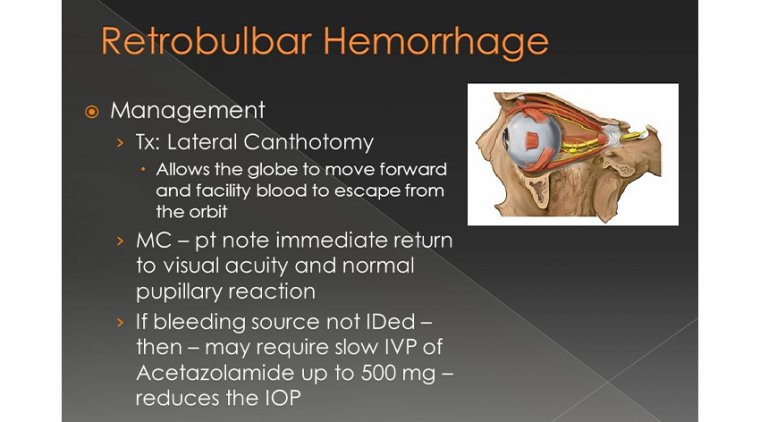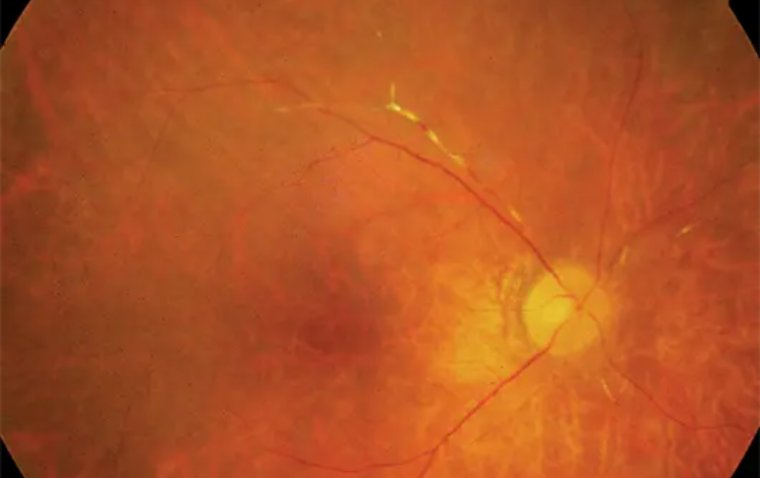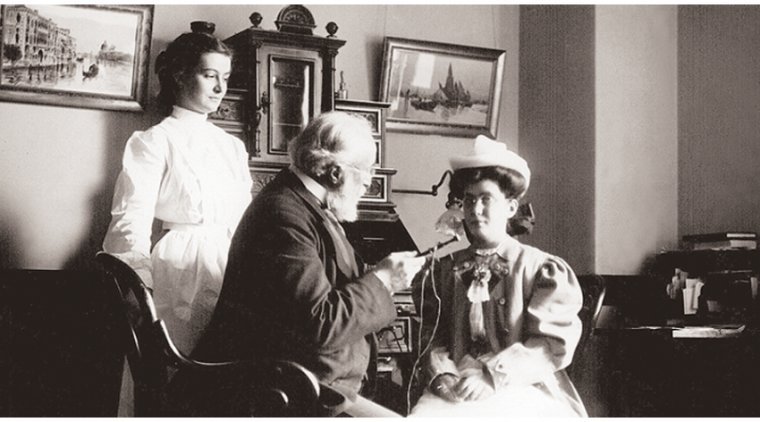
Survey: Unmasking the Potential of Emerging Technologies in Ophthalmology
In a recent survey conducted on LinkedIn by the Ophthalmology Breaking News (OBN), ophthalmology professionals were asked to identify the emerging technology they believed held the most promise for improving surgical outcomes in their field.
The results shed light on the exciting potential of various cutting-edge technologies in revolutionizing ophthalmic practices. Let's delve into each technology and explore their respective benefits.
1. AI-Assisted Surgeries
With 38% of respondents placing their faith in AI-assisted surgeries, it is evident that artificial intelligence (AI) has captured the attention of ophthalmologists. AI brings powerful computational capabilities and machine learning algorithms to surgical procedures. By analyzing vast amounts of patient data and utilizing real-time feedback during surgery, AI systems can assist surgeons in making more precise and informed decisions.
Potential Benefits
● Improved Accuracy: AI algorithms can enhance surgical precision by aiding surgeons in tasks such as incision placement, tissue manipulation, and suturing, potentially leading to better surgical outcomes.
● Personalized Treatment: AI's ability to analyze patient data and medical records enables ophthalmologists to tailor treatment plans according to individual needs, optimizing patient care.
● Reduced Surgical Time: AI-assisted surgeries have the potential to streamline procedures, reducing surgical time and minimizing patient discomfort.
2. Nanotechnology Applications
Coming in at a close second with 32% of the responses, nanotechnology applications have piqued the interest of ophthalmology professionals. Nanotechnology involves manipulating matter at the atomic or molecular scale to create innovative solutions. In ophthalmology, nanotechnology offers unique possibilities for advanced diagnostics and targeted drug delivery.
Potential Benefits
● Advanced Diagnostics: Nanotechnology enables the development of highly sensitive diagnostic tools, such as nanosensors and nanoscale imaging devices, allowing for early detection and monitoring of ocular diseases.
● Targeted Drug Delivery: Nanoparticles can be engineered to deliver drugs directly to affected ocular tissues, bypassing systemic circulation. This targeted approach enhances treatment efficacy while minimizing side effects.
● Regenerative Therapies: Nanomaterials can facilitate tissue regeneration by promoting cell growth and providing scaffolds for damaged or degenerated ocular tissues. This holds promise for addressing conditions like corneal and retinal disorders.
3. Robotic-Assisted Surgeries
Earning the confidence of 27% of respondents, robotic-assisted surgeries have emerged as a notable technology with the potential to transform ophthalmic procedures. Robotic systems can work alongside surgeons, providing enhanced precision, stability, and dexterity during surgeries.
Potential Benefits
● Enhanced Precision: Robotic systems excel in performing delicate procedures by reducing hand tremors and enabling precise movements. This precision is particularly valuable in intricate ophthalmic surgeries, such as retinal microsurgeries.
● Improved Ergonomics: By reducing surgeon fatigue and repetitive strain injuries, robotic-assisted surgeries improve the overall surgical experience for ophthalmologists, allowing them to perform more complex procedures with better outcomes.
● Telementoring and Training: Robotic platforms can facilitate remote telementoring, enabling experienced surgeons to guide and train less-experienced surgeons from a distance. This expands access to expertise and promotes knowledge sharing.
To Conclude…
The OBN LinkedIn survey results highlight the potential of emerging technologies in revolutionizing surgical outcomes in ophthalmology. AI-assisted surgeries, nanotechnology applications, and robotic-assisted surgeries all demonstrate unique benefits and offer new avenues for improved patient care.
By harnessing these technologies, ophthalmology stands poised to achieve enhanced accuracy, personalized treatments, targeted drug delivery, advanced diagnostics, and improved surgical techniques. The continued integration of these emerging technologies holds great promise for advancing the field of ophthalmology and positively impacting patient outcomes in the field.
(1).jpg)
